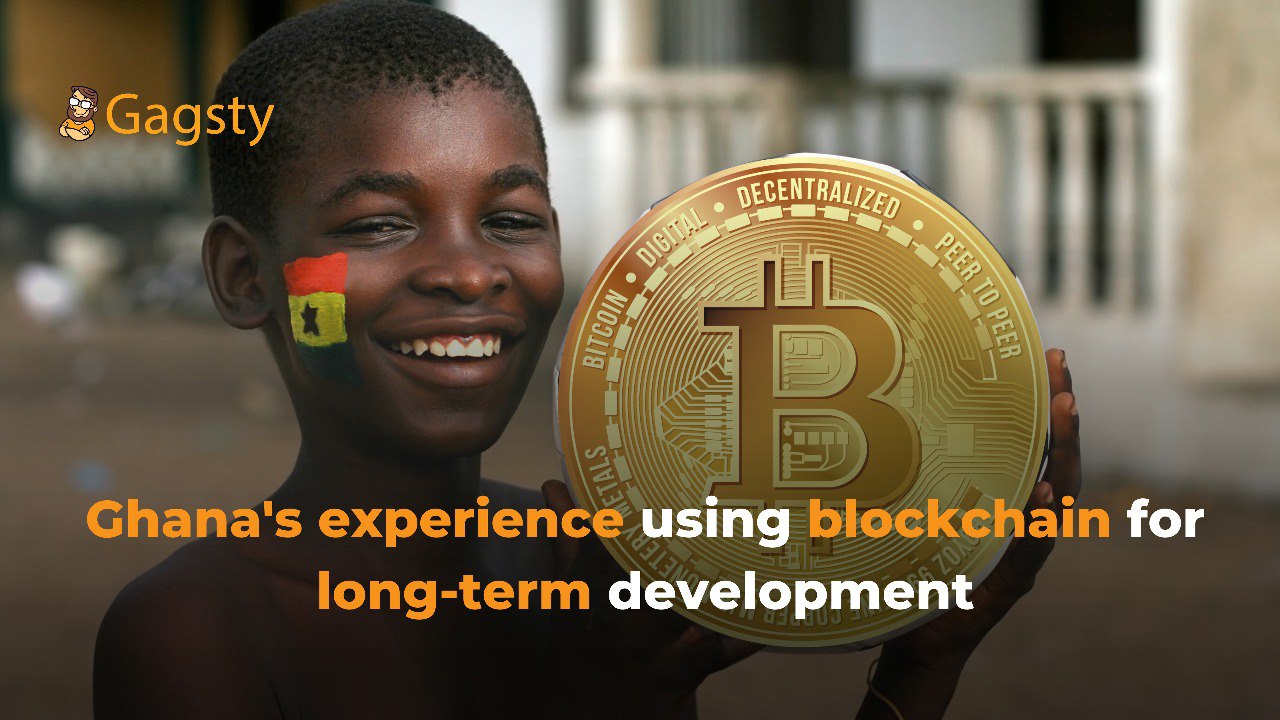
A detailed look at economic facilities to see how distributed ledger technology could assist emerging nations to increase financial access.
In today’s world of rapid globalization and automation, technical advancements have reached such a point that the use of cryptocurrencies is no longer a novel concept. Blockchain allows financial services to be provided over the internet by substituting trust, which has been a key type of financial institution for centuries, with openness built into a decentralized network. As a result, blockchain has the ability to contribute to the UN’s Sustainable Development Goals (SDG) by enabling the financially excluded, particularly women, to lower processing fees and provide an alternative means of liquidity.
Ghana is the economic hub of West Africa
Ghana is located in the middle of West Africa and shares boundaries with the Ivory Coast, Burkina Faso, and Togo. The population is around 32 million people, and English is one of the recognized official languages, along with several indigenous languages. Often referred to as West Africa’s economic superpower, the country’s purchasing power parity (GDP per capita) in 2020 was estimated to be around $5,744 US dollars. Ghana’s economic activity had been phenomenal until it was struck by a catastrophic financial meltdown that lasted from 2017 to 2020, and it was the pinnacle of what most nations in the area should strive for. The economy has recovered after being shattered again by another catastrophe known as COVID-19.
Blockchain as a tool for slow gestation
The advantages of cryptocurrency, such as its incorruptibility and lack of middlemen, may be aimed at effectively serving the cashless. As a result, the economic service industry, which has historically been controlled by banks, may become more diverse. Before getting into heaps of technical jargon, blockchain-based cryptocurrencies may do everything (and more) that banks can, but without needing a third party to hold user information or charge exorbitant fees for basic services.
Another time, let’s talk about inclusivity
Cryptocurrency and blockchain provide a better and more open monetary sector than conventional financial services. Recognizing the importance of blockchains for financial intermediation, as well as going beyond mobile financial institutions, is crucial to meeting people’s demand for affordable financial services. Corporations and individuals will find it easier to use a user-friendly system. Everyone with a basic understanding of blockchain could benefit from the advantages. Shops are likely to take cryptocurrency, assisting in the impact of Economic equality, which is one of the United Nations’ Sustainable Development Goals. Bank regulation and economic literacy, however, should not be overlooked when addressing financial marginalization.
Leave a Reply